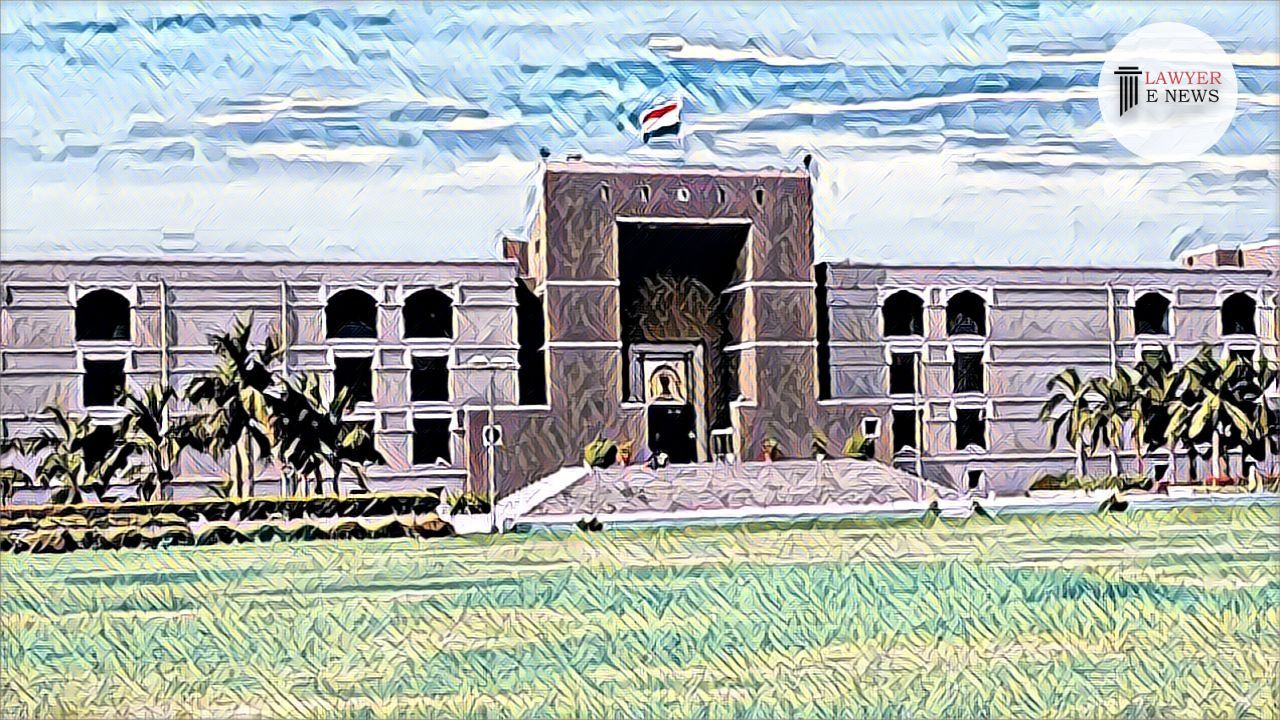-
by Admin
15 February 2026 5:35 AM



The Gujarat High Court has dismissed the State’s appeal challenging the acquittal of Khubchand Kamumal Thavrani and others in a high-profile dowry death case. Delivered by a bench comprising Justices Nirzar S. Desai and Hasmukh D. Suthar, the judgment emphasized the prosecution’s failure to establish crucial elements linking the alleged cruelty to the victim’s death, thereby upholding the trial court’s decision.
The case revolves around the tragic death of Sheela, a young bride who reportedly committed suicide within six months of her marriage to Balram Khubchand Sindhi. The prosecution alleged that Sheela faced frequent taunting and anger from her in-laws regarding dowry, leading to her untimely death by self-immolation. However, the Additional Sessions Judge, Rajkot, acquitted the accused in 1999, citing insufficient evidence. The State of Gujarat appealed this acquittal, seeking a reversal of the decision based on the severity of the allegations.
Insufficient Corroborative Evidence: The court noted that the prosecution’s case primarily relied on the testimony of the complainant, who alleged frequent anger and taunting by the in-laws. However, the court found this testimony lacked corroborative evidence of any demand for dowry or immediate provocation leading to the victim’s suicide. “The absence of testimony from other relatives and critical witnesses weakened the prosecution’s case significantly,” observed Justice Desai.
Lack of Immediate Provocation: In reviewing the evidence, the court found no immediate triggering point leading to the victim’s suicide. The record was silent about any specific incident that could have compelled the victim to take such an extreme step. “The prosecution failed to provide any substantial evidence or testimony indicating what led the deceased to commit suicide,” the judgment noted.
Judicial Principles on Reversing Acquittals: Emphasizing the principle that an appellate court should not overturn an acquittal unless the trial court’s findings are perverse or manifestly erroneous, the High Court concluded that the trial court’s judgment did not meet the threshold for reversal. The bench referred to established precedents, including Ramesh Babulal Doshi v. State of Gujarat (1996) and Ram Kumar v. State of Haryana (1995), underscoring that reasonable and plausible findings by a trial court should not be disturbed.
The judgment extensively discussed the principles of evaluating evidence in cases involving dowry deaths and related offenses. The court reiterated that in the absence of direct evidence, circumstantial evidence must be compelling and conclusive. “The presumption of innocence in favor of the accused, the right to the benefit of any doubt, and the credibility of witness testimonies must be carefully considered,” Justice Desai stated.
Justice Nirzar S. Desai remarked, “In an acquittal appeal, if another view is possible, the appellate court cannot substitute its own view by reversing the acquittal into conviction unless the findings of the trial court are perverse or manifestly erroneous.”
The Gujarat High Court’s dismissal of the appeal reinforces the judiciary’s cautious approach in overturning acquittals, particularly in cases where the evidence is insufficient or inconclusive. This judgment underscores the importance of corroborative evidence and clear linkage between alleged acts of cruelty and the victim’s death. The decision is a significant reminder of the high standards required to reverse an acquittal in criminal jurisprudence.
Date of Decision: 20th May 2024
State of Gujarat vs. Khubchand Kamumal Thavrani & Ors.
